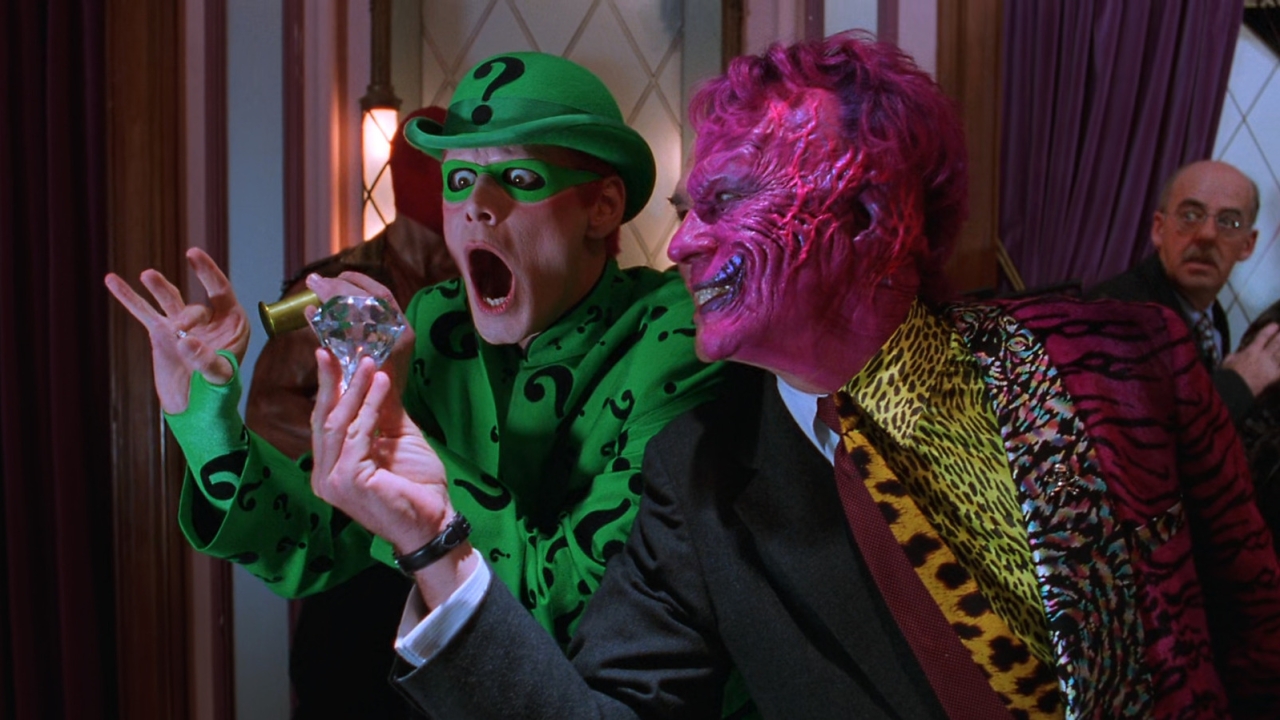Analysis of disappointing ending in M. Night Shyamalan's Glass
News - 29 March 2024
 Director M. Night Shyamalan has often been described as a filmmaker with a 'hit or miss' track record. While some of his films are highly praised and considered gems, others have fallen flat and disappointed audiences.
Director M. Night Shyamalan has often been described as a filmmaker with a 'hit or miss' track record. While some of his films are highly praised and considered gems, others have fallen flat and disappointed audiences.Unfortunately, Glass, released in 2019, falls into the latter category, largely due to its unsatisfying ending. To truly understand why Glass failed to impress, we need to take a step back and revisit the films that set the stage for this disappointing conclusion.nnIn 2000, Shyamalan introduced audiences to the world of Unbreakable, starring Bruce Willis as the protagonist, David Dunn.
The story follows Dunn, the sole survivor of a devastating train crash, who is approached by a mysterious stranger claiming that he is a superhero. Fast forward 16 years, and Shyamalan released Split, with James McAvoy as the lead character. In this film, McAvoy’s character also possesses superhuman abilities, though he uses them for nefarious purposes.
The big revelation at the end of Split delighted fans, as it connected the dots between Unbreakable and Split, revealing that both films exist within the same universe.nnIn Glass, Shyamalan’s talent for unexpected twists takes center stage, but the ending left many fans feeling disappointed. The film culminates in a showdown between Dunn, Mr.
Glass, and The Beast. Dunn confronts The Beast in a water tank, leading to a tense struggle for survival. Ultimately, Dunn manages to escape, only to meet a clumsy and abrupt demise at the hands of a SWAT officer, who drowns him in a small puddle of water.
This unexpected and unsatisfying conclusion left audiences bewildered and frustrated.nnCritics and fans alike expressed their disappointment with Glass’ ending, with many labeling it as one of the worst conclusions in film history. Comments on the internet range from criticizing Shyamalan’s creative choices to lamenting the fate of Dunn, a beloved character who met an underwhelming demise.
Some have gone as far as calling the ending a letdown and a disservice to the film’s potential.nnDespite its disappointing ending, Glass does have its redeeming qualities. Shyamalan’s signature style and flair for suspense are evident throughout the film, building tension and mystery as the story unfolds.
The performances of the cast, particularly McAvoy’s portrayal of multiple personalities, have been praised for their depth and complexity. The film’s exploration of heroism, villainy, and the gray areas in between adds intrigue and depth to the narrative, challenging viewers to reconsider traditional notions of good and evil.nnWhile Glass may not have reached the heights of its predecessors, it still serves as a thought-provoking and visually striking addition to Shyamalan’s filmography.
Despite its flaws, the film sparks conversations about the nature of heroism, the power of belief, and the consequences of our actions. Shyamalan’s ability to weave intricate and suspenseful tales continues to captivate audiences, even in the face of disappointment.nnIn conclusion, Glass may not have delivered the satisfying conclusion that fans had hoped for, but it remains a compelling and engaging entry in Shyamalan’s body of work.
The film’s unexpected twists, complex characters, and thematic depth offer food for thought and provoke discussions long after the credits have rolled. While the ending may have left many wanting, Glass still manages to leave a lasting impression and showcase Shyamalan’s unique storytelling talents.











